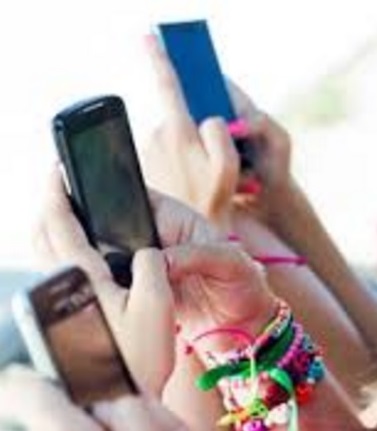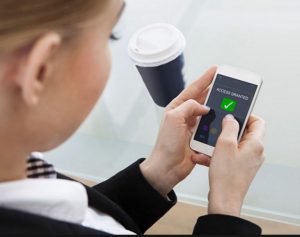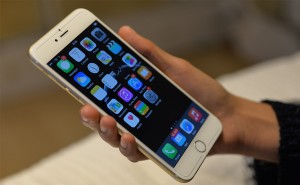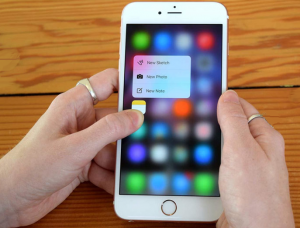
Readers increasingly turn to smartphones to gain good reads.

Amazon launched its first e-reader nine years ago in November 2007. The original Kindle cost £320 ( $399) and had a 6-inch black and white ink-screen and a keyboard which sold out within hours. Today technology has improved in storage, battery life and weight and now the cheapest model costs only a fifth of that original price.
Now the focus of Silicon Valley’s áttention has shifted to smartphones, away from tablets and mobile devices have become more suitable for information, reading:- consumers are using a device that is much more capable ,and therefore there is competition for ebooks. For smartphone companies, games have proved to be more lucrative. According to Apple over 1bn ebooks have been downloaded on the iBooks app since its launch in 2010, and for Apple over 130bn apps were downloaded since the App Store opened in 2008.
Sillicon Valley struggled to combine e-books with apps while the new startup Oyster, which raised £14m ($17m) from investors including Founders Fund who were also early backers for Facebook and Spotify, launched in 2013 offering a subscription service pitched as “Netflix” for ebooks, delivered through a mobile app thrived but last year closed. According to Oyster’s founder he believes ” we believe more than ever that the phone will be the primary reading device globally over the next decade.”
Despite challenges neither Apple nor Amazon have given up on e-books. While Amazon launched the Kinder Oasis, an advanced ereader weighing under five ounces and designed to be held with one hand and cost $380, Apple has been trying to make ebooks more like apps , with enhanced editions of Harry potter series and Game of Thrones.
Smartphones are getting bigger,and their multiple ranges of uses are ballooning and everybody is blindly walking towards the new format for digital reading, as several apps has been developed for smartphone readers , free at point of download, and they all assume that they will not be able to hold your attention for too long. Competitions from Facebook, Instagram, Twitter, and text messages and emails have geared their apps to filling small pockets of time
Londoners now often read on phones in Foyles bookshop, outside offices and on the Tube.


